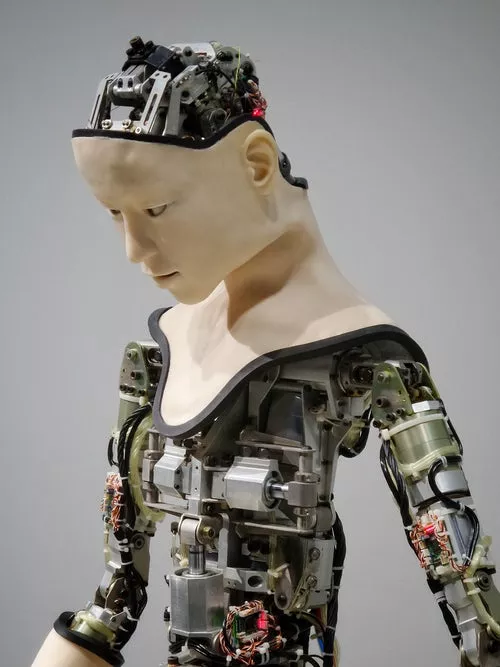What is Artificial Intelligence?
Although the term "Artificial Intelligence" was already in use in the 1950s, it was with the arrival of smartphones and the development of new technologies that it began to be used in everyday life. Although the term has a myriad of definitions, they all agree on the same point: Artificial Intelligence is the computer discipline that makes machines or computer systems perform a series of tasks in a similar way to human intelligence.
What about Machine Learning?
Machine Learning is a branch of Artificial Intelligence that creates systems that learn automatically, without the help of humans. Although it has been used since the mid-1950s, the term has gained relevance in recent years due to the implementation of technology in companies and the increase in information that companies store and manage on a daily basis. We can differentiate between three types of Machine Learning: Supervised Learning, Unsupervised Learning and Reinforcement Learning.
- Supervised Learning: works on the basis of what the user has taught it. For example, the data scientist enters input and output data and the Machine Learning technology works to find the pattern.
- Unsupervised Learning: works only with input data. In this type of learning, the machine must find the existing structure. For example, it is very useful in customer segmentation as it forms a group based on characteristics given by the user.
- Reinforcement Learning: works on the basis of trial and error. With this type of programming, the machine is able to learn, repeating patterns over and over again until it perfects them and reaches its goal.
So how do they differ?
Although the two concepts go hand in hand, there are times when they can be confused. As explained by Analytics 10Artificial Intelligence is the broader concept, whereby machines are able to perform tasks in a way that could be considered intelligent. Machine Learning, on the other hand, is the application of this intelligence to machines with the aim of making them learn by themselves.
Smarter and more ethical technology... but not better than us.
We cannot deny that technology surprises us more and more every day. The autonomy they have acquired can be summed up by just naming some of the tasks they can perform today: the navigation application on our mobile phone tells us which route is the quickest to reach our destination; the streaming The heating temperature adapts automatically to the time of day or to whether or not there are people in the house at any given time.
However, as we allow machines to do more activities, we also attribute to them a greater number of responsibilities, including decision-making. This is where the concept of ethics comes into common with Artificial Intelligence. For example, as David Martínez, Professor of Philosophy of Law at the Universitat Oberta de Catalunya, states, "it is not only advisable, but also indispensable, that algorithms include ethical parameters". One of the fields where the need for such ethics can be most appreciated is in the field of autonomous cars.
Pero, por mucho que nos esforcemos y se avance en materia de tecnología, una Inteligencia Artificial no podrá llegar a ser más inteligente que nosotros. Un ordenador no es capaz de enfrentarse a lo desconocido, pero sí puede aprender a partir de la información que un humano le facilita. Aquí es donde entra el “machine learning”. Matthew Winkler, gerente principal de machine learning en Azure, la plataforma en la nube de Microsoft explica que “antes, un montón de científicos y voluntarios tenían que contar manualmente el número de leopardos de las nieves para llevar un control de población (…). Ahora es tan sencillo como recuperar los USB de las cámaras y subirlos a la nube. El machine learning cuenta por ellos”.
Do you want to enter the world of machine learning? Take our master in data science or our degree in software engineering and take your first steps in the world of new technologies.
